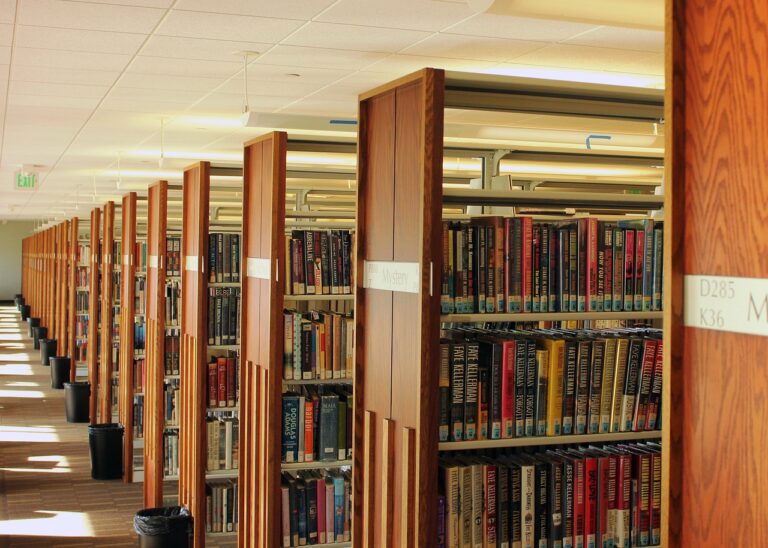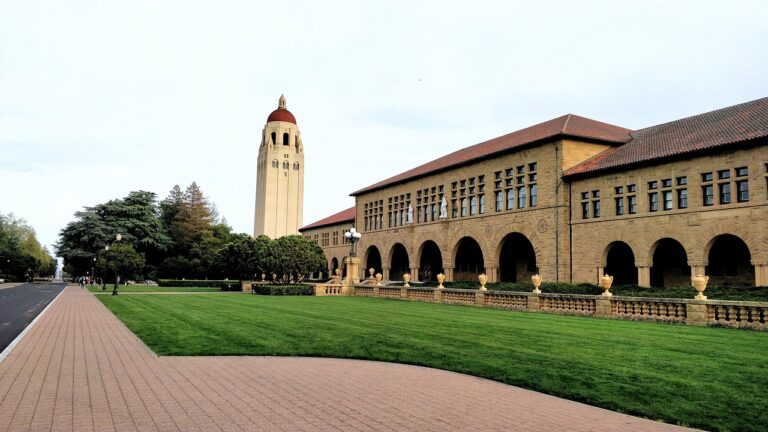Addressing Socioeconomic Barriers to Higher Education
Access to higher education is often hindered by various socioeconomic barriers that disproportionately affect individuals from low-income backgrounds. One of the primary obstacles faced by these students is the lack of financial resources to cover the rising costs of tuition, textbooks, and other educational expenses. Without sufficient funds, many aspiring students may be deterred from pursuing a college education, limiting their opportunities for personal and professional growth.
In addition to financial constraints, students from disadvantaged socioeconomic backgrounds also encounter challenges related to inadequate academic preparation and limited access to educational support systems. Factors such as attending under-resourced schools with limited educational resources and experiencing family responsibilities that may interfere with academic pursuits can further impede their path to higher education. These barriers highlight the systemic inequality present in the education system and underscore the need for targeted interventions to address the disparities faced by these students.
Understanding the Impact of Socioeconomic Status on Access to Higher Education
Socioeconomic status plays a significant role in determining an individual’s access to higher education. Students from low-income backgrounds often face numerous financial barriers that hinder their ability to pursue postsecondary education. These barriers can include the high cost of tuition, textbooks, and other educational expenses, as well as limited access to resources such as college preparation programs and standardized test preparation.
Additionally, students from lower socioeconomic backgrounds may experience challenges related to lack of parental education and support, limited access to information about the college application process, and societal stereotypes that undermine their academic abilities. These factors can create a complex web of obstacles that prevent many talented and capable individuals from pursuing higher education and achieving their full potential.
Exploring Financial Barriers Faced by Low-Income Students
Students from low-income backgrounds often face significant financial barriers when it comes to pursuing higher education. These barriers can range from tuition and fees to the costs of textbooks, housing, and transportation. For many low-income students, the financial burden of attending college can be overwhelming and discouraging.
The lack of financial resources can also limit low-income students’ access to additional support services that are often essential for success in higher education, such as tutoring, academic advising, and career counseling. This lack of access to critical resources can further exacerbate the challenges faced by low-income students, making it difficult for them to thrive academically and graduate on time.





